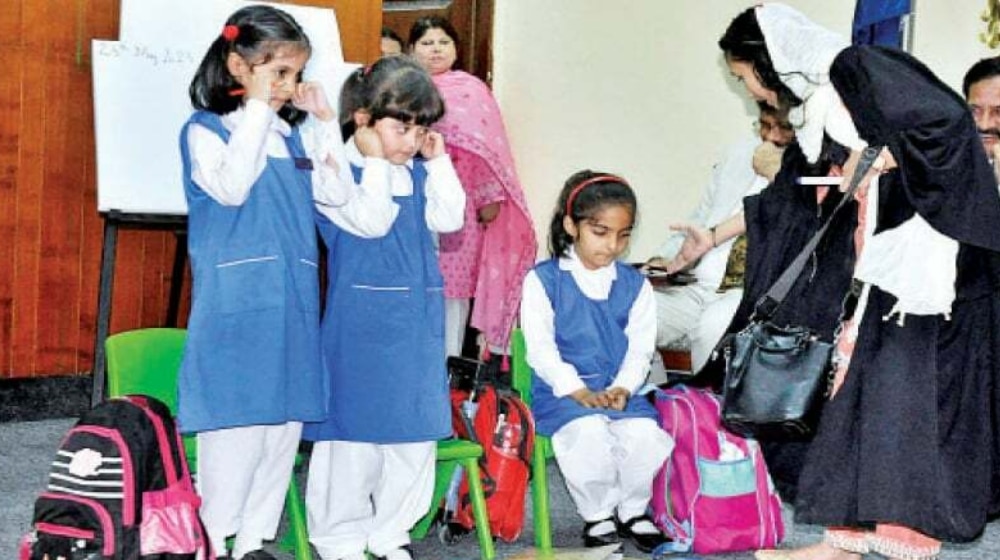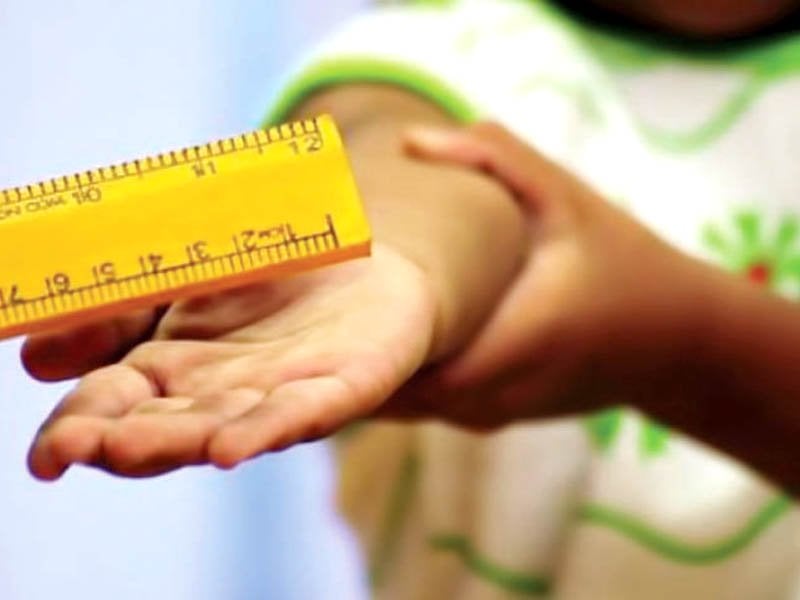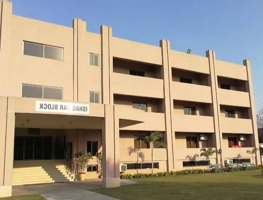
The Punjab Education Department has once again reinforced its stance on the complete ban of corporal punishment in schools across the province. A fresh notification issued by the District Education Authority (DEA) Mandi Bahauddin has reminded all school heads and teachers that physical or emotional abuse of students will not be tolerated under any circumstances.
This move highlights the government’s strict zero-tolerance policy towards corporal punishment and its determination to foster a child-friendly, safe, and inclusive learning environment for students in both public and private educational institutions.
Corporal Punishment Declared a Serious Violation
According to the notification, any act of corporal punishment or emotional abuse will be treated as a serious violation of professional conduct. Teachers or staff members found guilty of such acts will face strict disciplinary measures under the Punjab Employees Efficiency, Discipline and Accountability (PEEDA) Act 2006.
The department clarified that teachers who indulge in physical punishment will not only face suspension but may also lose their jobs if found guilty in disciplinary proceedings. This directive was particularly emphasized to ensure that the fundamental rights of children are safeguarded and their education takes place in a positive, supportive atmosphere.
Key Directives to Schools and Teachers
The circular issued by the Punjab Education Department outlined a series of mandatory instructions for all school administrations and staff:
Zero-Tolerance Policy: Teachers must strictly refrain from using any form of physical or emotional punishment.
Staff Training: School heads are instructed to conduct awareness sessions for staff to ensure compliance with the ban.
Child-Friendly Environment: Every classroom should promote respect, inclusivity, and empathy.
Incident Reporting: Any case of misconduct or abuse must be reported immediately to the authorities along with corrective actions taken by the institution.
The circular also emphasized that school principals and heads will be held equally responsible if any corporal punishment cases are reported from their institutions.
Ensuring Safe and Respectful Classrooms
Education officials stated that the objective of this strict stance is not only to curb instances of corporal punishment but also to promote a more compassionate teaching culture. Teachers are encouraged to adopt modern, student-centered teaching methods rather than outdated punitive practices.
Officials from the Punjab Education Department highlighted that research consistently shows physical punishment does not improve learning outcomes. Instead, it creates fear, anxiety, and resentment among students, which can negatively impact their academic performance and mental well-being.
The department has made it clear that creating a respectful and supportive classroom environment is essential for improving both the quality of education and the overall development of children.

Legal Background and Previous Efforts
The ban on corporal punishment in Punjab schools has been in place for several years. In fact, the Corporal Punishment of Children (Prohibition) Act 2021 at the federal level prohibits all forms of physical punishment in educational and childcare institutions. Punjab’s implementation of this law has been further strengthened through circulars and strict disciplinary frameworks like the PEEDA Act.
Despite these laws, cases of physical punishment continue to surface occasionally, prompting the government to issue fresh warnings and directives to remind teachers and school administrations of their responsibilities.
The Punjab Education Department has previously conducted awareness campaigns and training programs to help teachers adopt positive disciplinary practices. This new notification reinforces the government’s commitment to completely eliminating corporal punishment from educational institutions.
you may also read : UHS Finalizes Examination Calendar for Allied Health Sciences Programs
Protecting Children’s Rights
Child rights activists have welcomed this directive, noting that students must feel safe and respected in classrooms to thrive academically and emotionally. They argue that education should empower children, not instill fear.
According to experts, psychological abuse or humiliation can be as damaging as physical punishment, often leaving long-term impacts on a child’s confidence and self-esteem. The department’s decision to explicitly ban both physical and emotional abuse ensures that all aspects of student well-being are considered.
Accountability for Non-Compliance
The Education Department has also warned that failure to comply with these directives will result in immediate disciplinary action. This includes suspension, fines, or termination of employment for teachers found guilty of misconduct.
Moreover, school heads and principals will be required to demonstrate the measures taken to prevent corporal punishment in their institutions. Regular inspections and monitoring will also be carried out to ensure compliance across Punjab.
Moving Towards a Child-Centered Education System
By issuing this strong warning, the Punjab government has reiterated its vision of a modern, child-centered education system where every student can learn in a safe, encouraging, and inclusive environment.
This latest directive serves as a reminder to teachers and school administrations that respect, patience, and positive discipline are the cornerstones of effective teaching. The emphasis is no longer on outdated punitive methods but on building classrooms where students feel valued and motivated to learn.
The Punjab Education Department’s renewed warning against corporal punishment underscores the government’s commitment to upholding students’ rights and dignity. By directing schools to enforce a zero-tolerance policy, train teachers, and report incidents of abuse, the department is taking decisive steps toward building a respectful, inclusive, and progressive education system.
As Pakistan continues to modernize its education sector, child protection and positive discipline remain at the heart of reforms. The message is clear: in Punjab’s schools, learning should inspire, not instill fear.










.jpg)




.jpg)